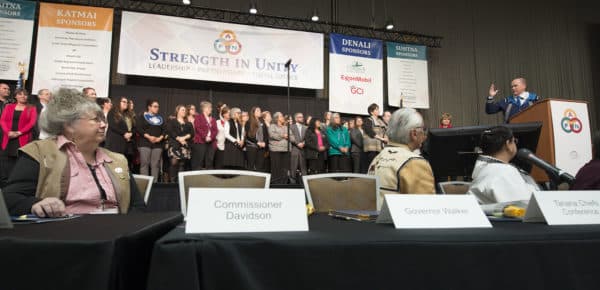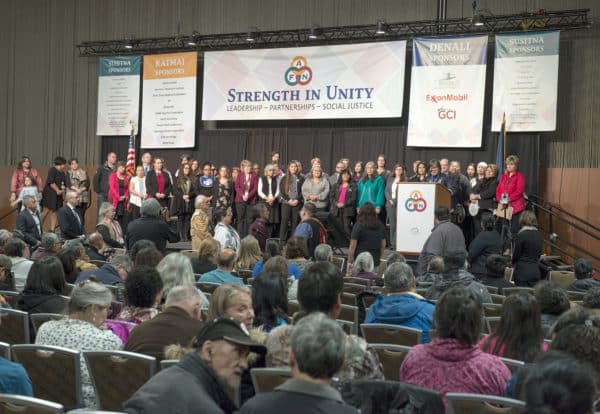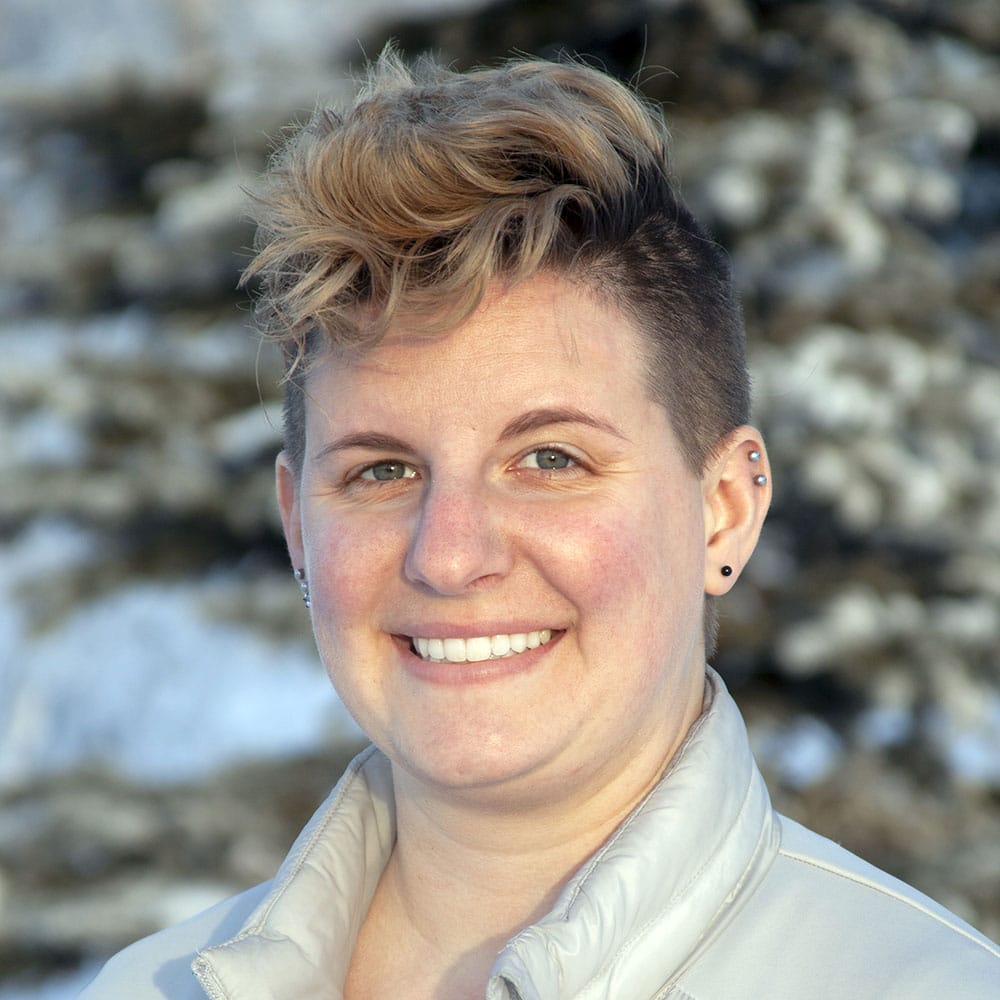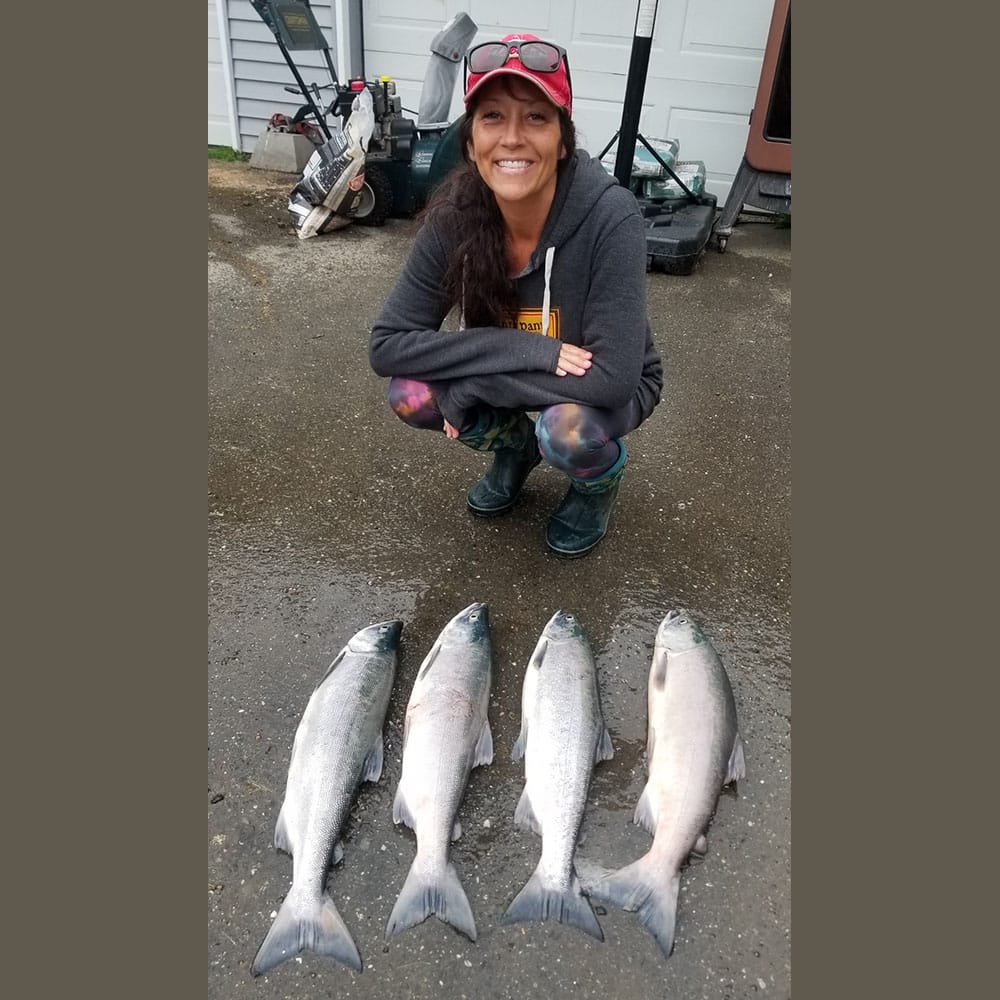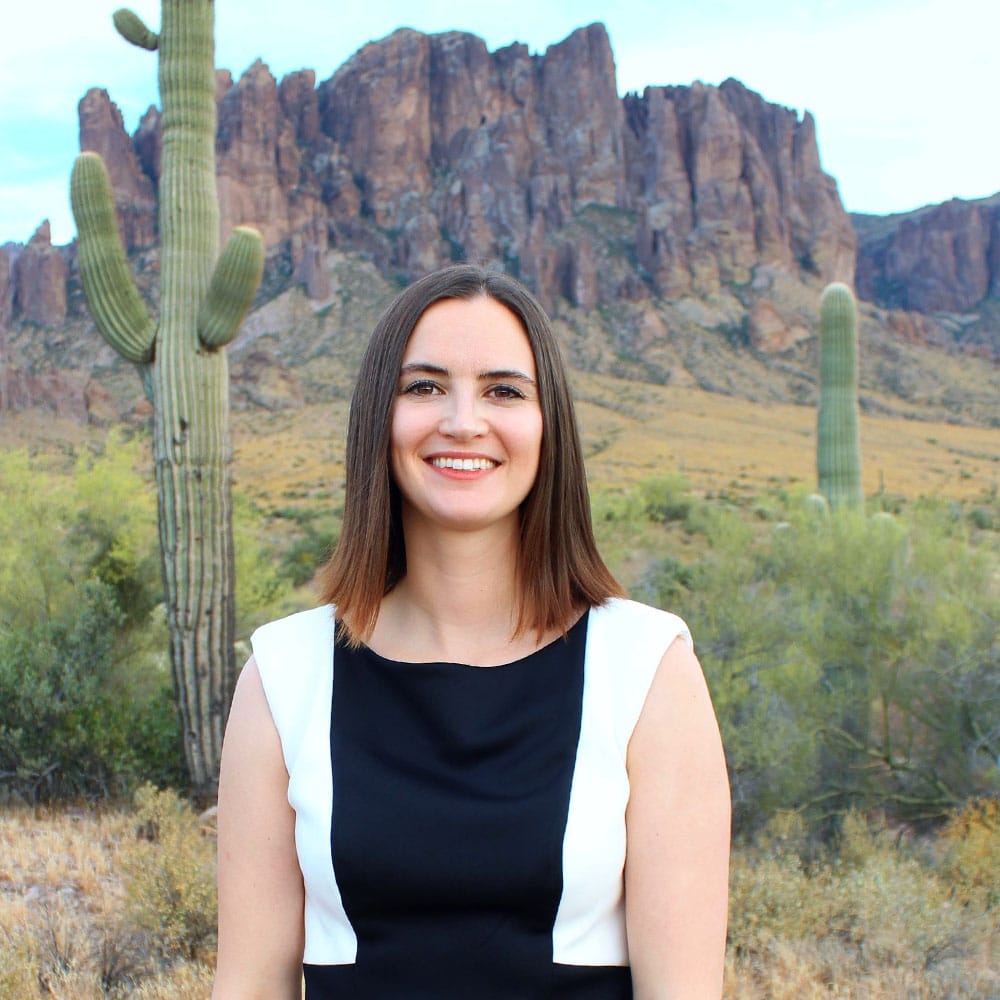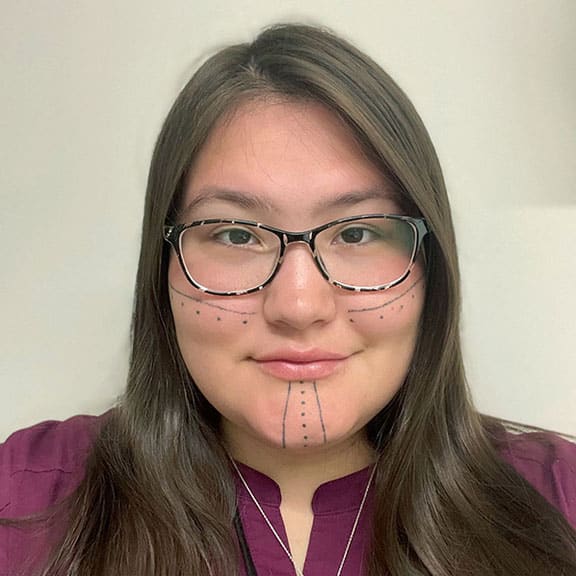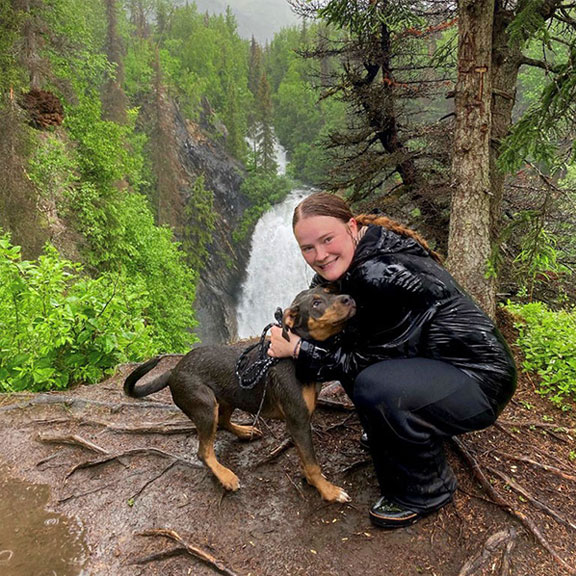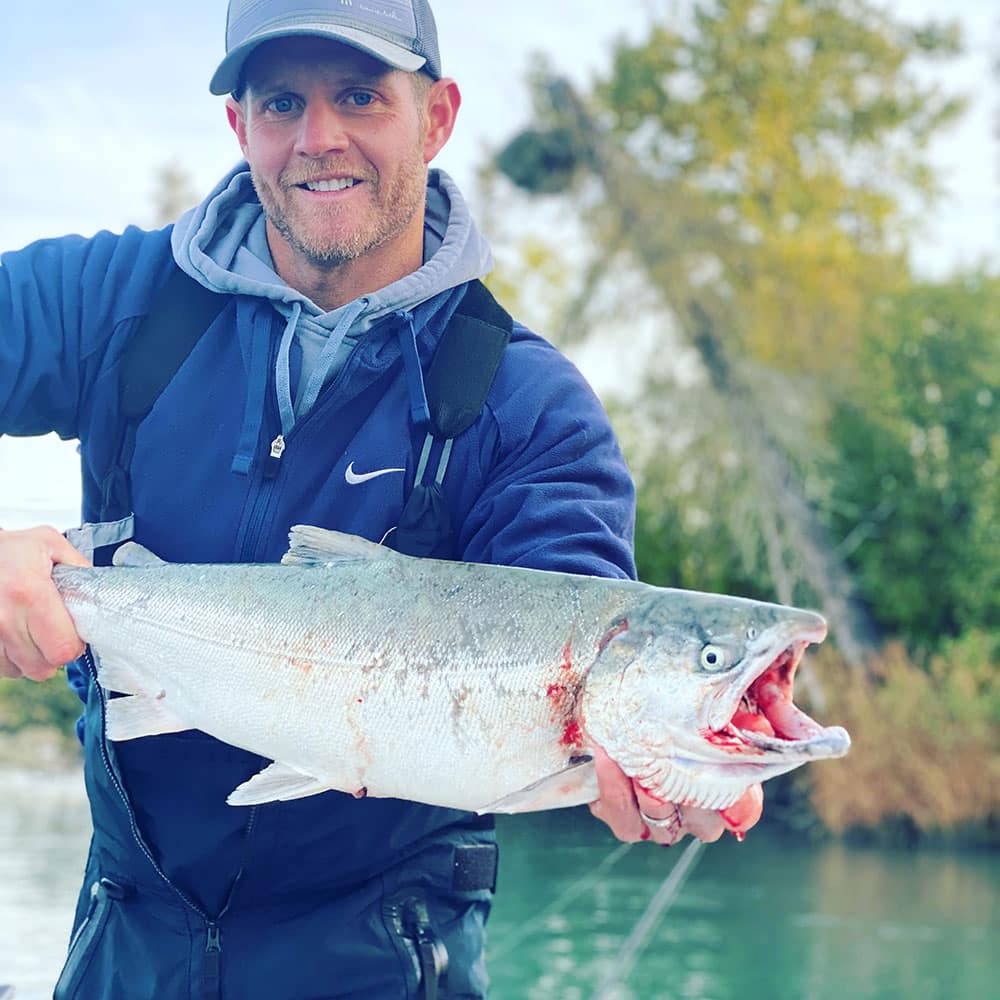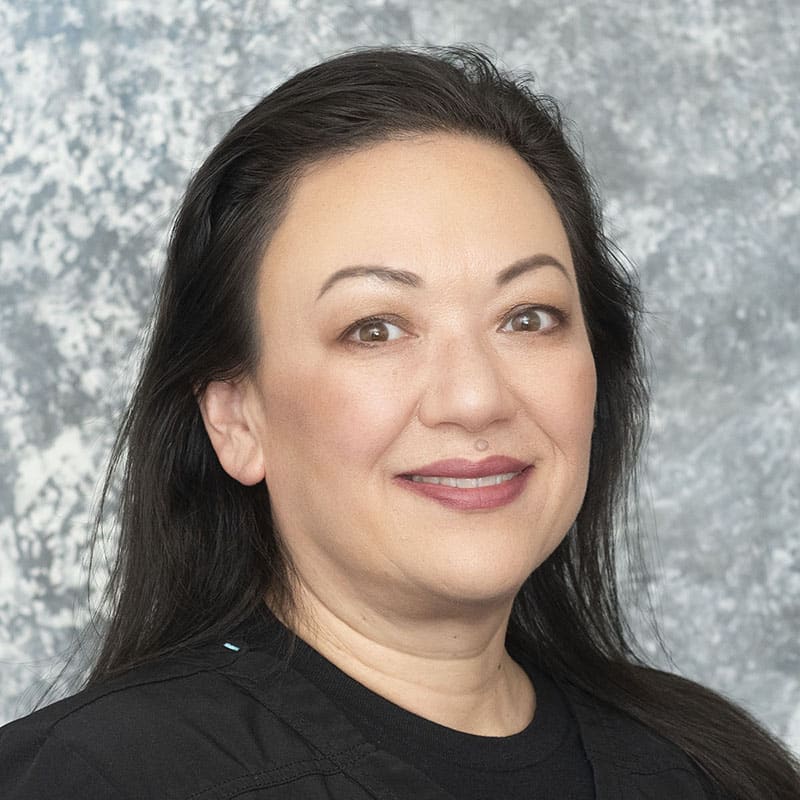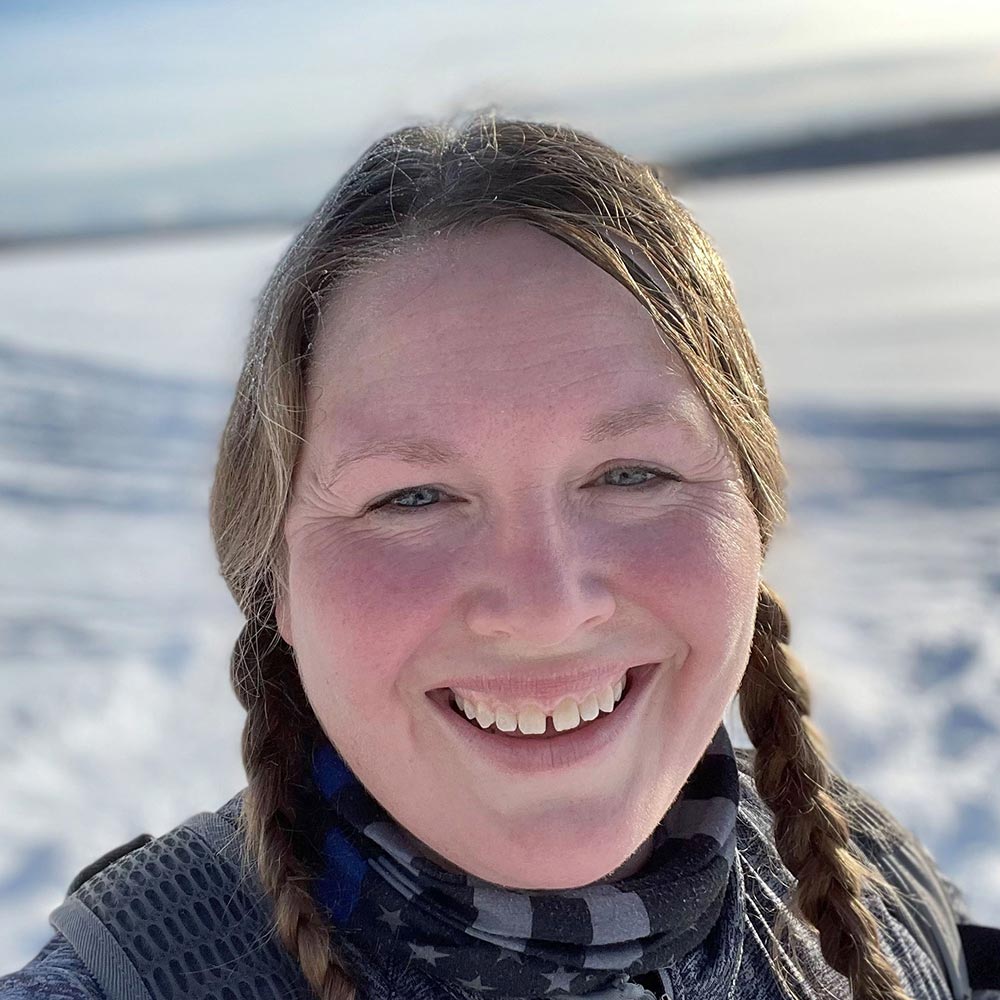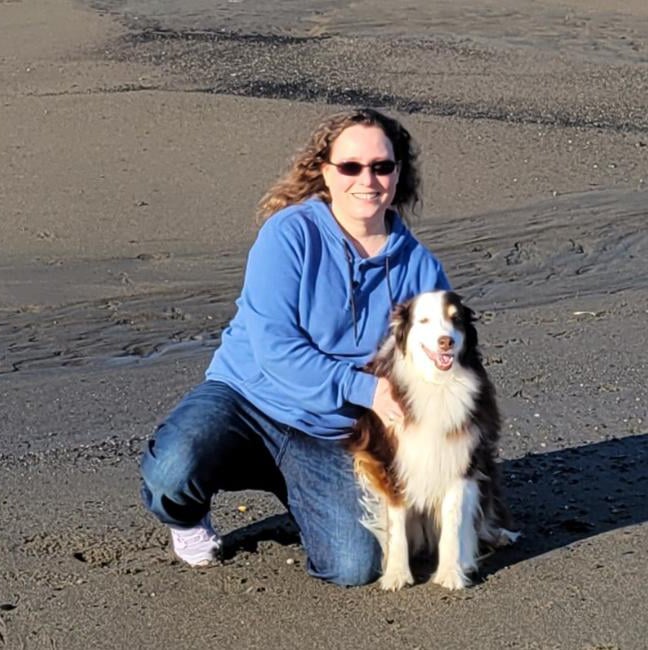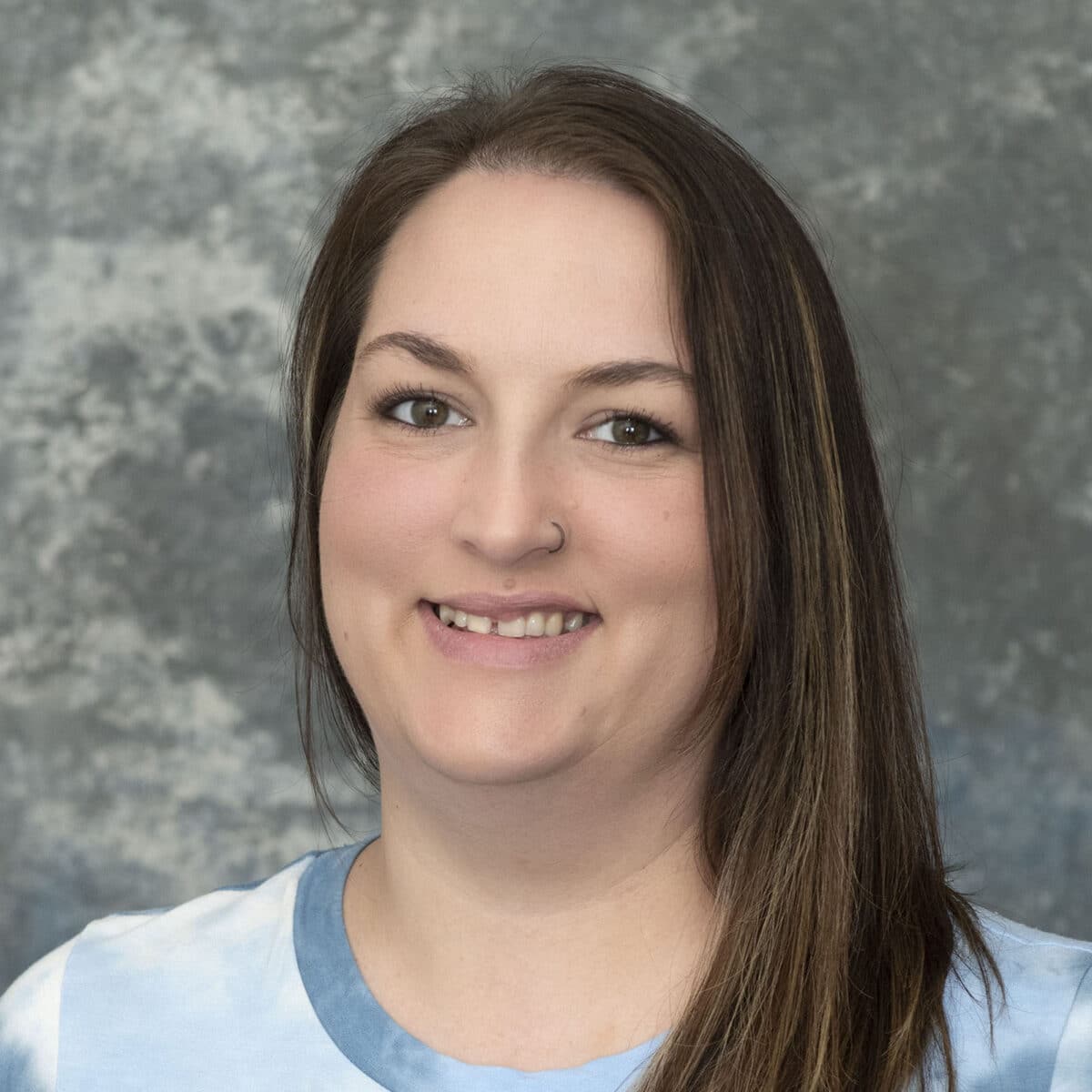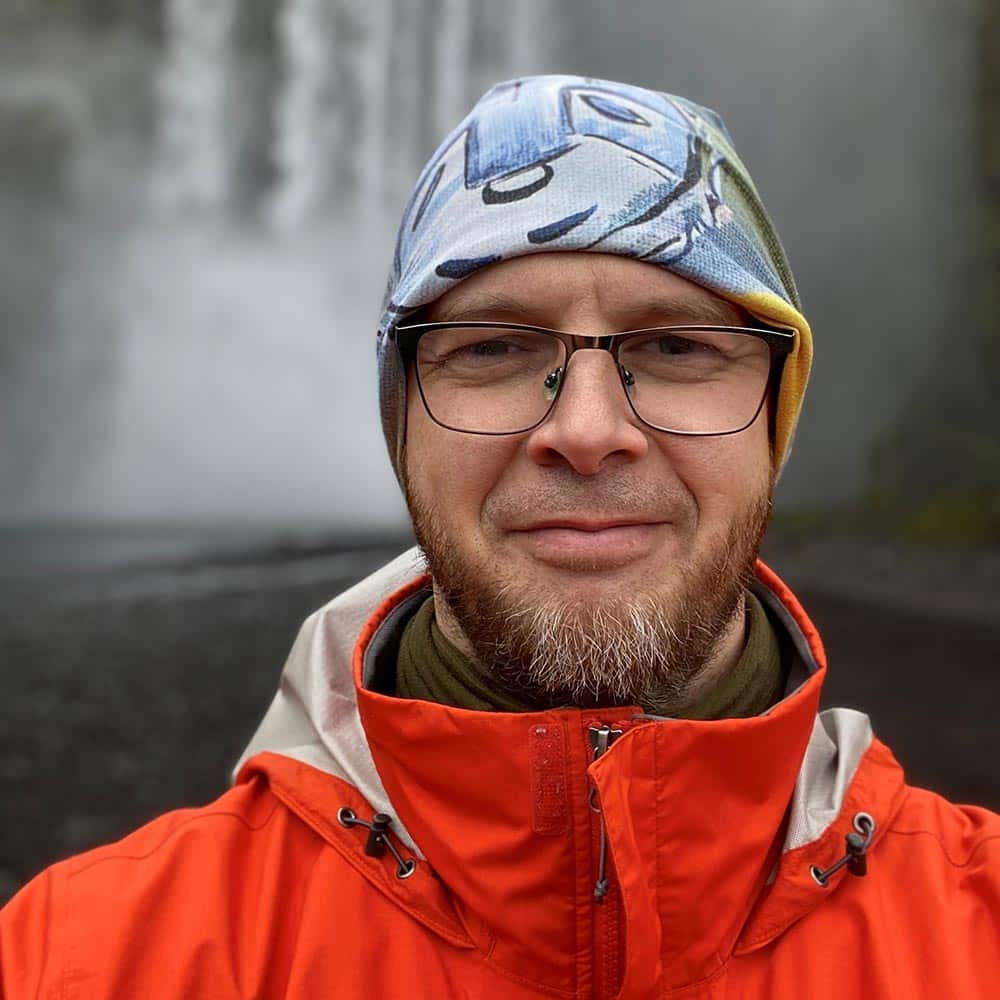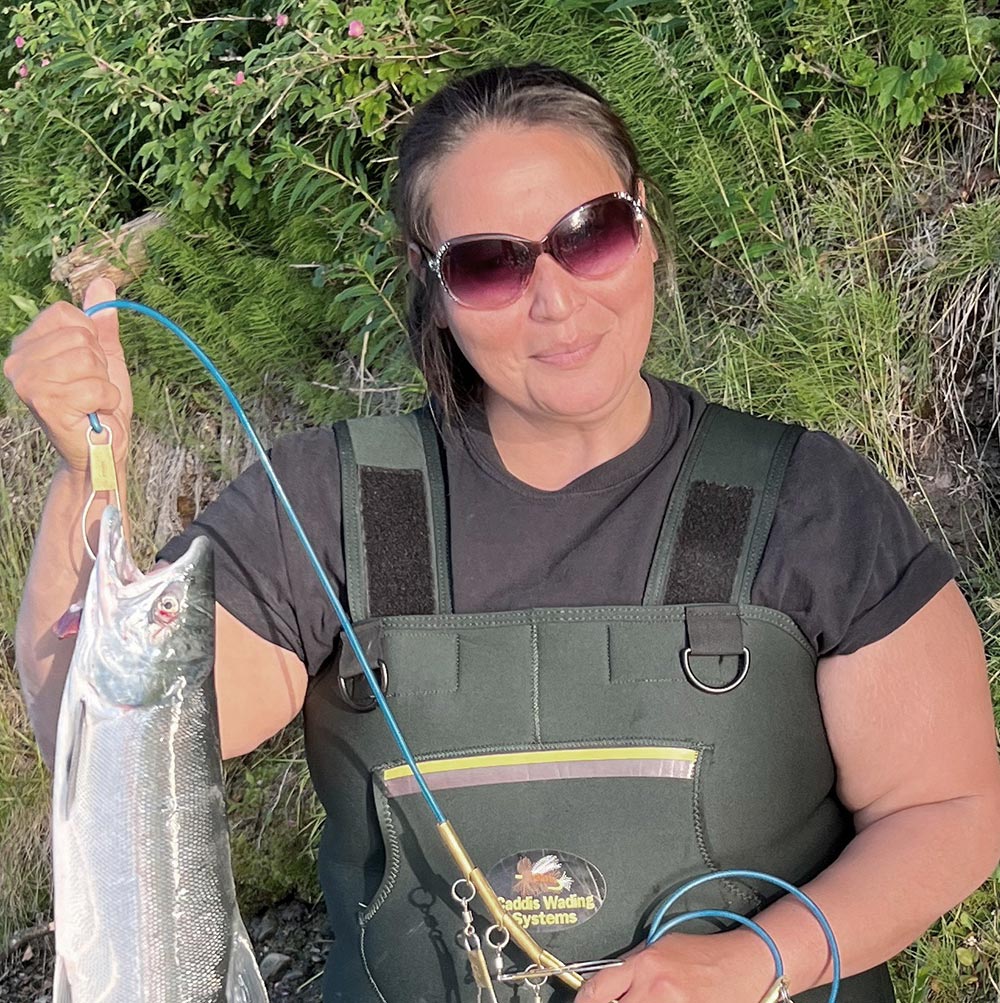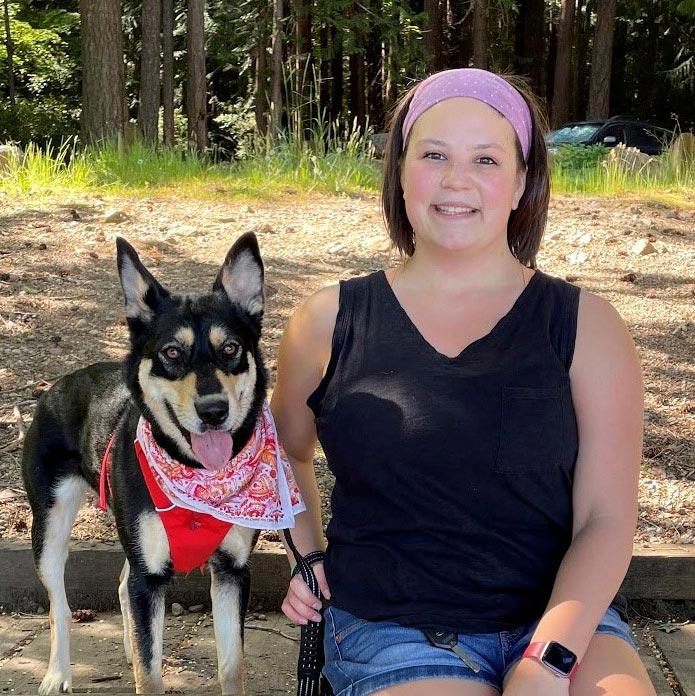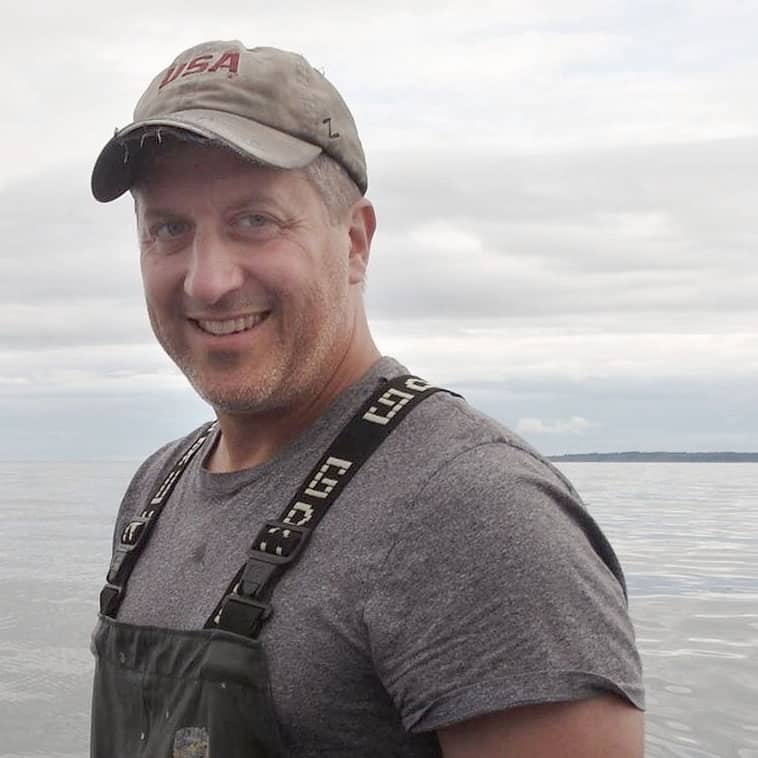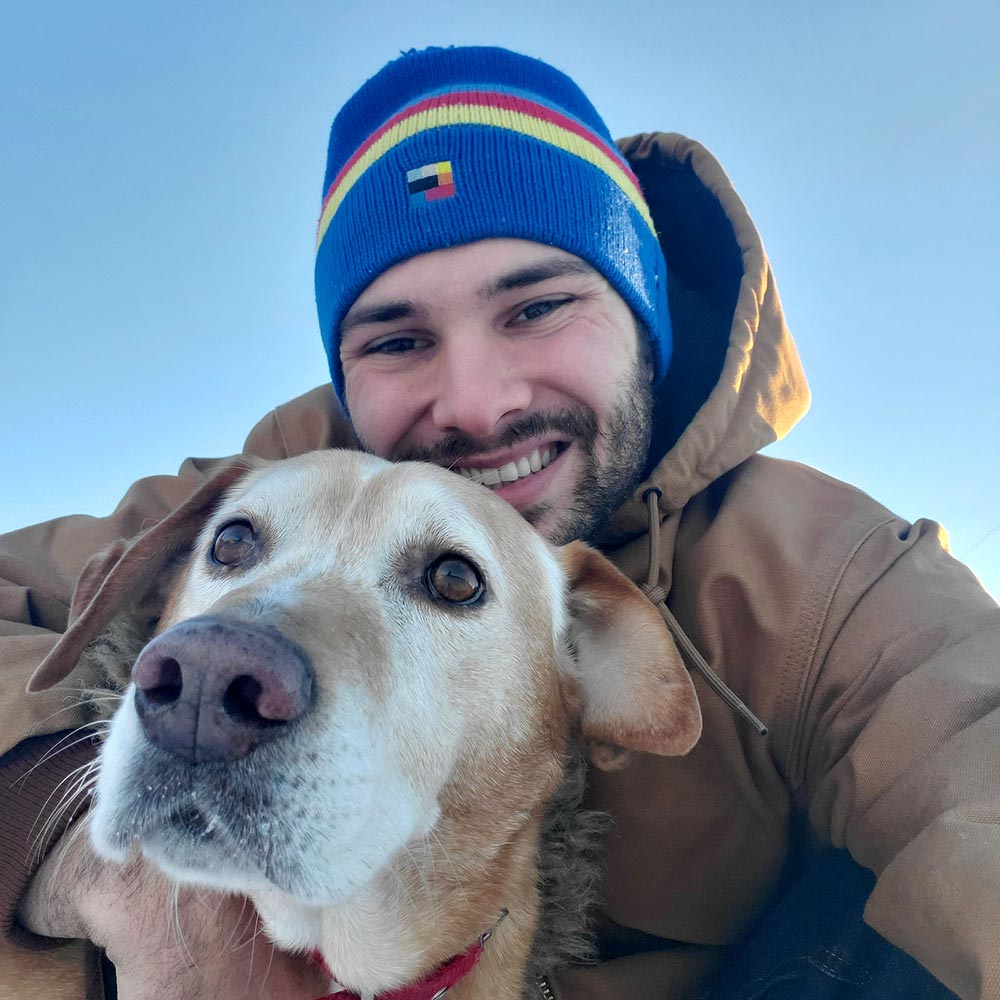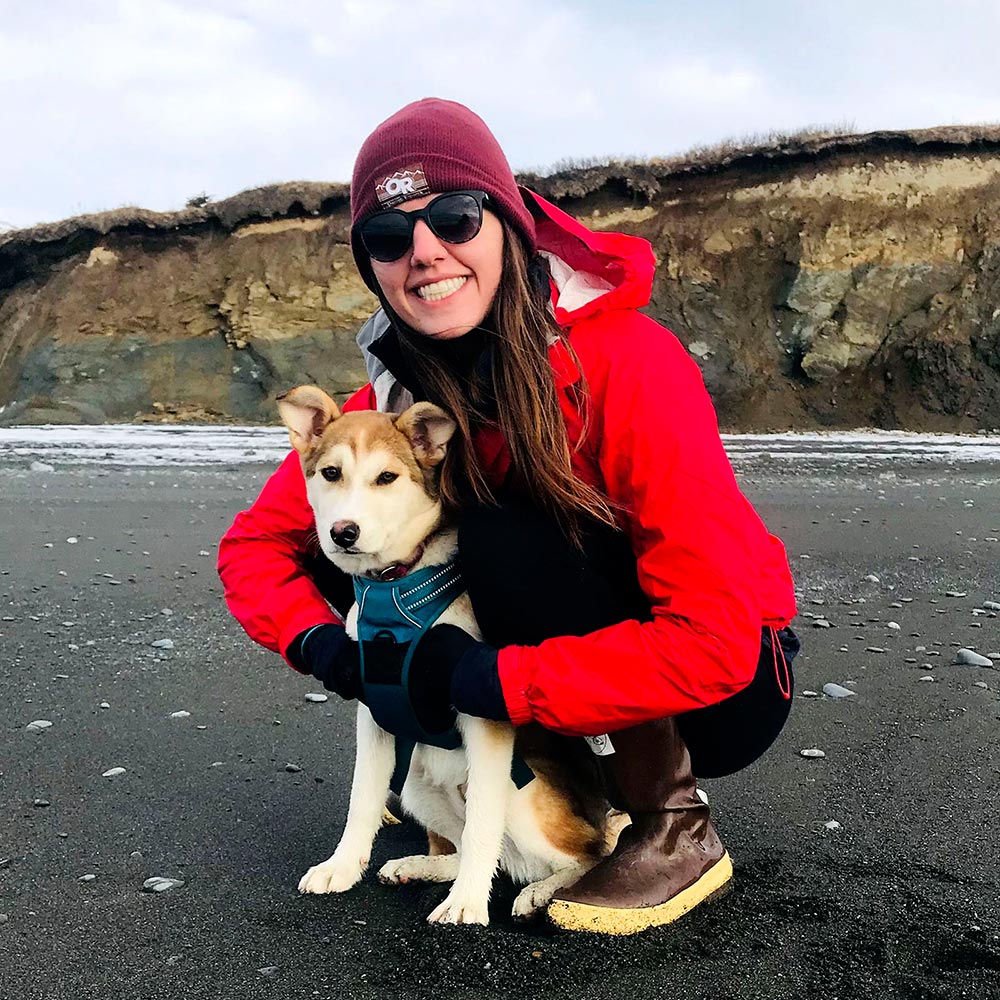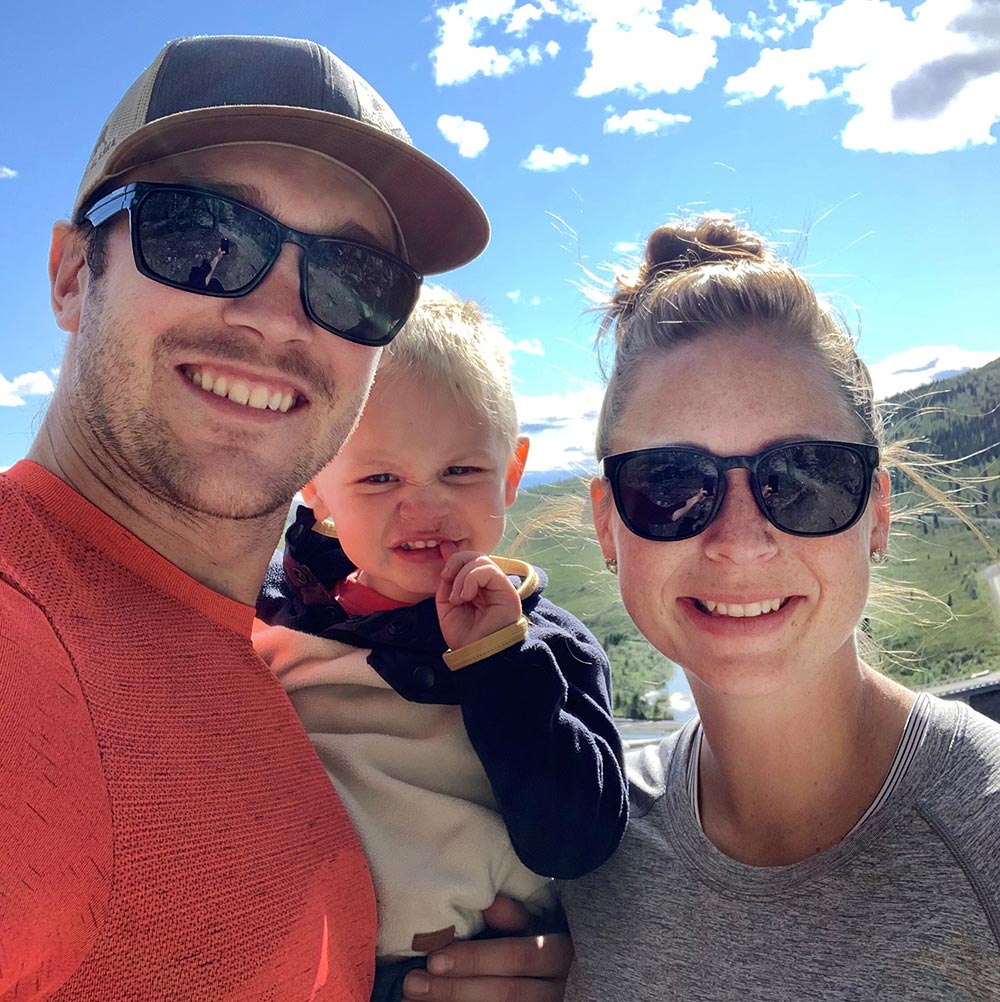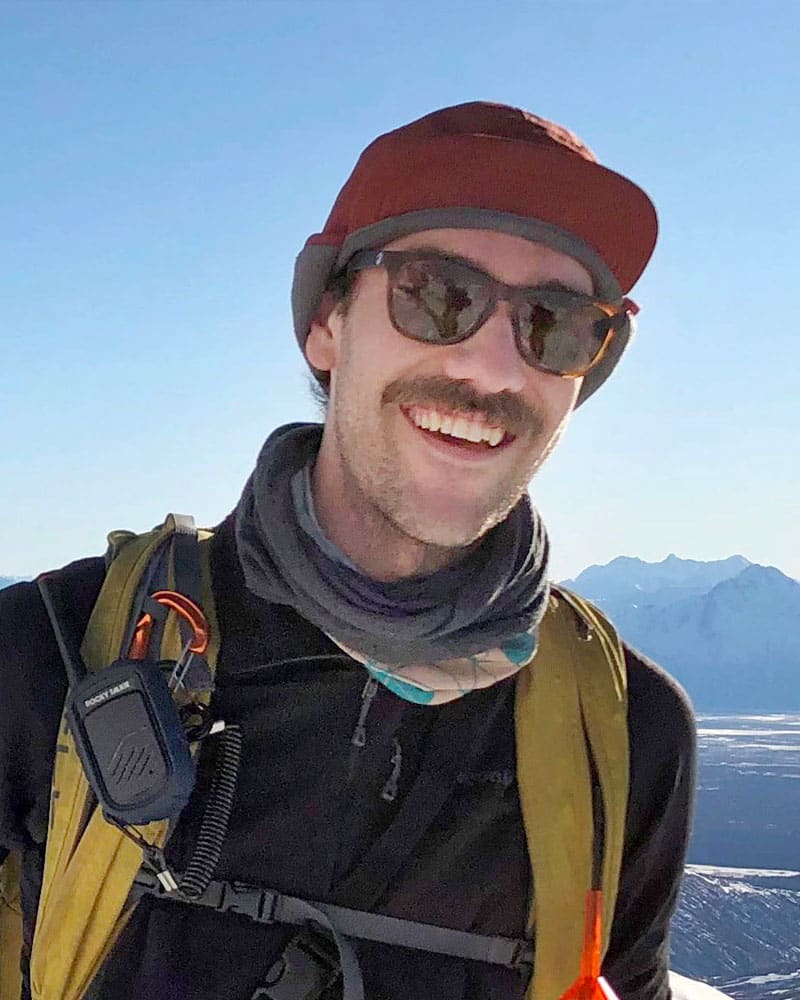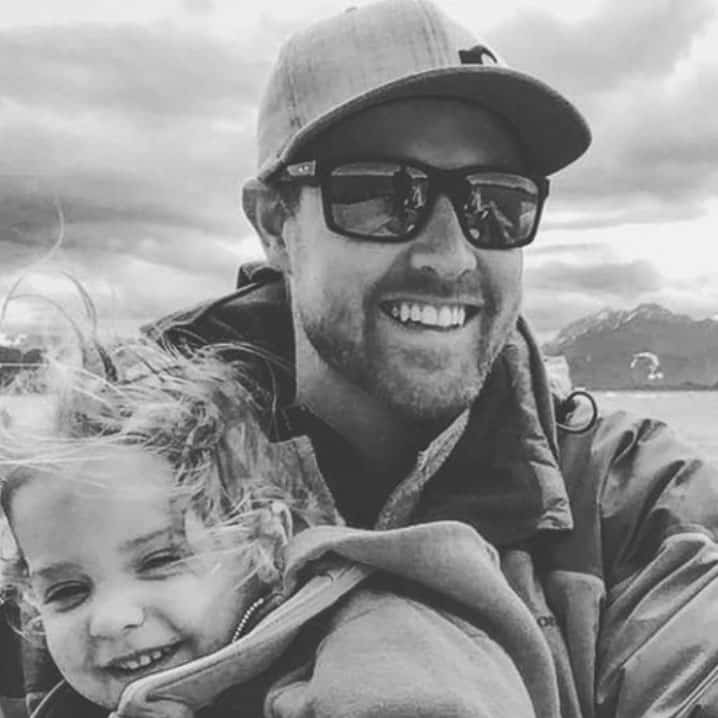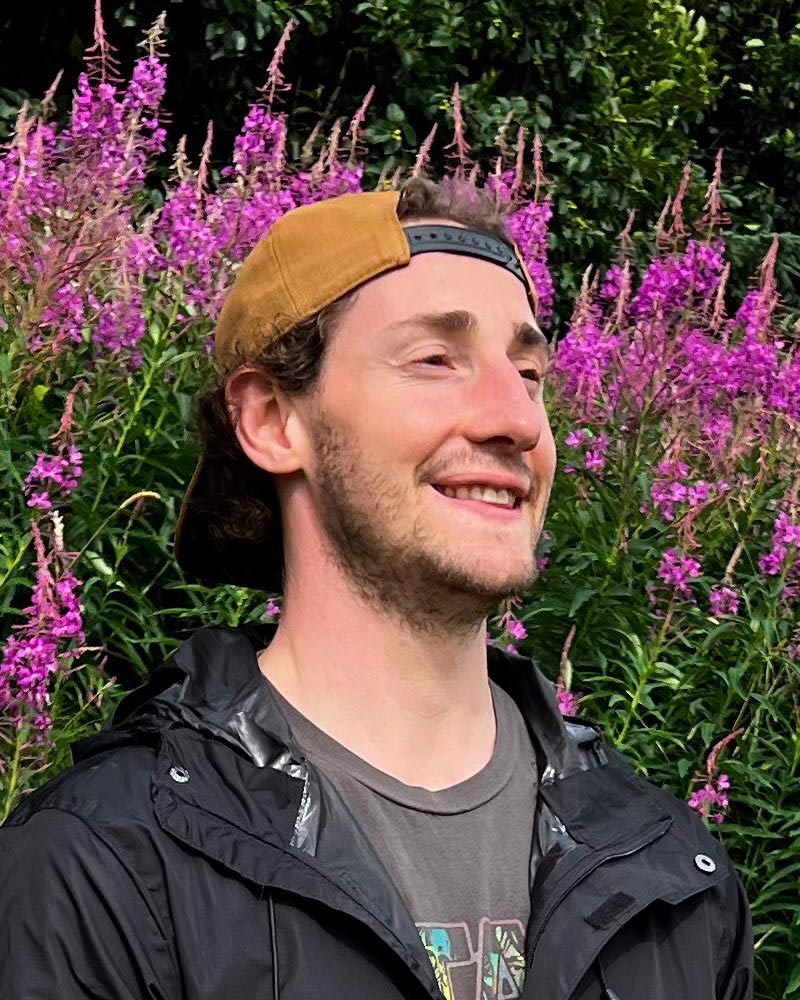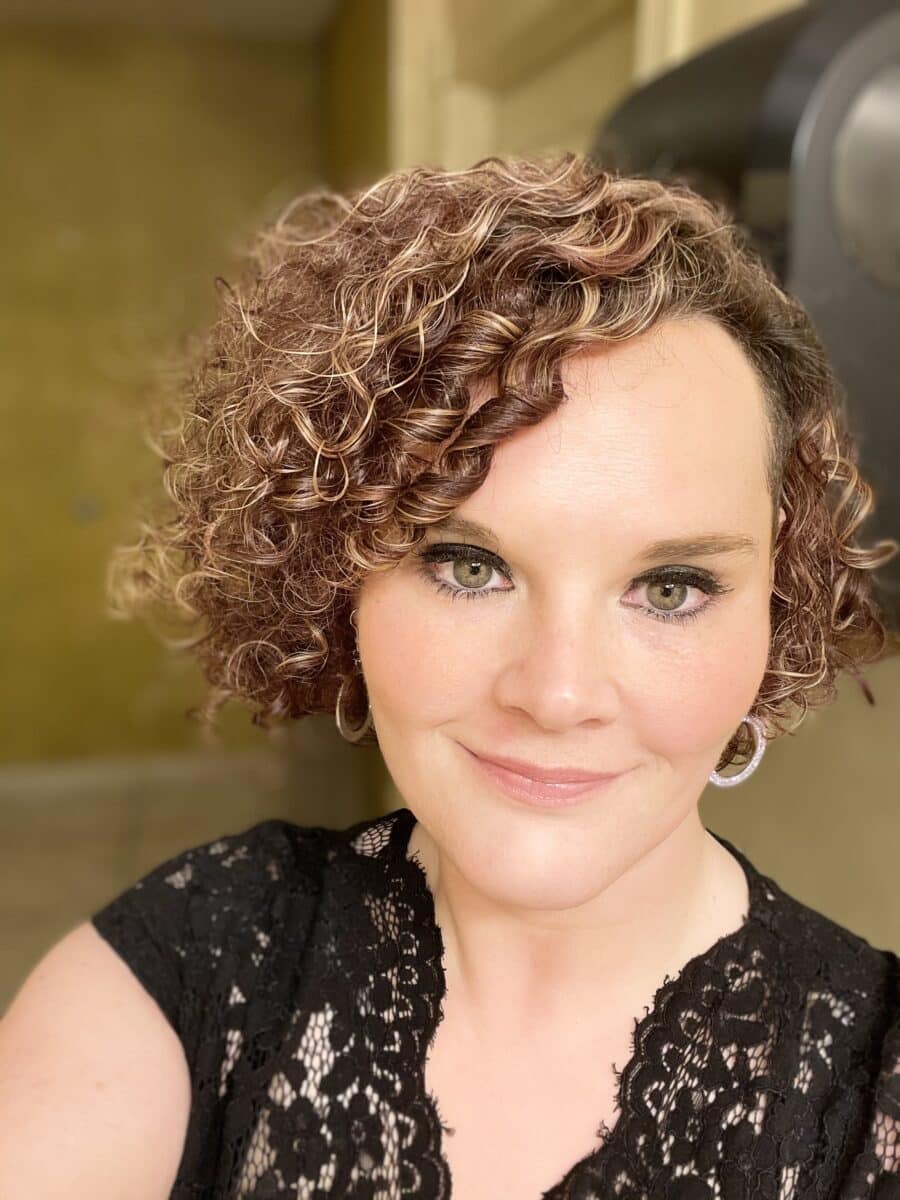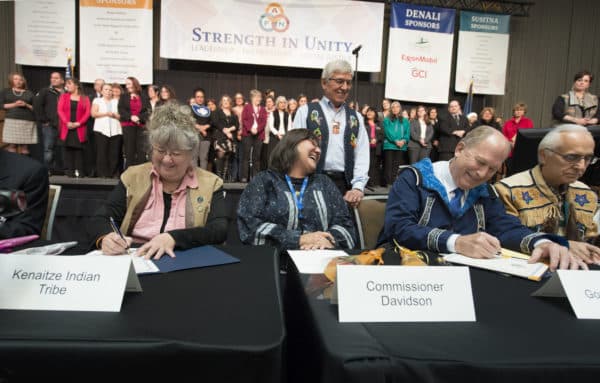
Kenaitze Tribal Council Vice-Chairperson Bernadine Atchison and Gov. Bill Walker, fourth from left, sign the Alaska Tribal Child Welfare Compact during a ceremony Thursday at the Alaska Federation of Natives Convention in Anchorage. Department of Health and Social Services Commissioner Valerie Davidson and Lt. Gov. Byron Mallott celebrate the moment. The government-to-government agreement will make it possible for participating tribes and tribal organizations to provide child welfare services that would otherwise be provided by the Alaska Office of Children’s Services.
The Kenaitze Indian Tribe has signed an agreement with the State of Alaska that establishes a framework for the tribe to provide additional child welfare programs across its service area on behalf of the Alaska Office of Children’s Services.
Kenaitze was among 18 Alaska tribes and tribal organizations that signed the agreement during the 2017 Alaska Federation of Natives Convention in Anchorage, the largest annual gathering of Native peoples in the United States.
Under the agreement, called the Alaska Tribal Child Welfare Compact, the tribe will provide child welfare services that would otherwise be provided by the Alaska Office of Children’s Services. The compact gives the tribe greater local control and oversight of family services while incorporating the values, culture and traditions of its people.
It is the first agreement of its kind in the U.S.
“This moment has been a long time in the making,” said Kimberley Sweet, Chief Judge for the Kenaitze Tribal Court and a co-lead negotiator on the project. “We as tribal caucus are dedicated to moving forward with an open heart, with the knowledge that this historical government-to-government agreement will provide healing for our children and our communities.”
The tribe will sign a Service and Support Funding Agreement by Dec. 15, outlining the specific programs it will deliver and who will be eligible to receive those services. The state will manage the contract similar to the way other contracts and grantees are administered. The state will be pay the tribe as part of the agreement.
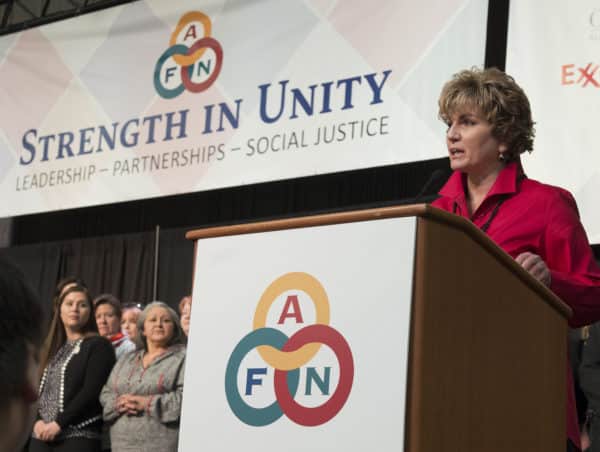
Kenaitze Tribal Court Chief Judge Kim Sweet speaks during the signing ceremony. Judge Sweet was one of three co-negotiators who worked eight months with negotiators with the state of Alaska to put together today’s historic agreement.
Alaska Gov. Bill Walker attended the signing and praised participating tribes and tribal organizations for working together to better the lives of children across the state.
“I just want to say that I am so proud of what has been accomplished,” Walker said. “It’s a recipe of what more we can do, so let’s begin with this and celebrate this and let’s look for other ways we can use the same concept to make Alaska a better Alaska.”
Studies show that Alaska Native children have been disproportionately represented in the state’s foster system for many years.
According to the Alaska Federation of Natives, 22 percent of the state’s children are Alaska Native yet Alaska Native children account for 57 percent of the foster population. Additionally, 29 percent of Alaska Native children in foster care are placed in non-Native, non-relative families. A shortage of licensed Alaska Native foster homes compounds the issue.
Project leaders believe the new agreement will help keep Alaska Native children in their communities, which is important to health and happiness.
“We recognize today that Alaska Native culture keeps Alaska Native kids safe,” said Valerie Davidson, Commissioner of the Alaska Department of Health and Social Services.

